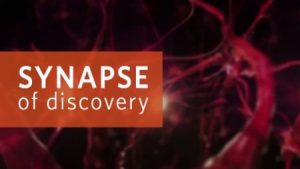

Dr. Winstanley would like to eliminate the stigma around mental illness and hopes for the day when it can be proven unequivocally that it is a biological issue of neurons behaving in a particular way versus it being someone’s ‘fault’.
“Just as most of the illnesses we are familiar with, such as diabetes or hypertension, have a biological cause, the same is true for mental illnesses,” says Winstanley and suggests that we should “not be afraid to seek help when we feel our brains are not working right.”


Dr. Catharine Winstanley
As principal investigator at the Molecular and Behavioural Neuroscience laboratory, Winstanley is conducting a number of studies on impulse control and addictions, one of which has taken a one-of-a-kind approach to gambling addiction.
One of the lab’s innovative studies, lead by PhD student Paul Cocker, created a “casino-like” slot machine, using flashing lights and sugar pellet rewards, to study behaviour in rats.
Her team discovered that a type of drug called D4 antagonists, which work by blocking a specific type of dopamine receptor in the brain, help animals recognize a ‘win’ versus a ‘loss’ on the rat slot machine. In other words, says Winstanley, “it makes them less vulnerable to what is called the ‘near miss effect’ — that feeling of being closer to a win when two out of three symbols match- which we know motivates continual engagement with the game.”
While still in a preliminary stage, the hope is that dopamine D4 antagonists will be a treatment avenue for treating gambling addictions in humans.
Winstanley is encouraged by the potential of the new brain health centre to increase research innovation and thinks that by “bringing clinicians and neuroscientists who work on different disorders together under one roof, there are now fantastic synergies between research groups that really advance discovery in novel directions.”
Read the full story in the Synapses to Discovery feature on ubc.ca.


